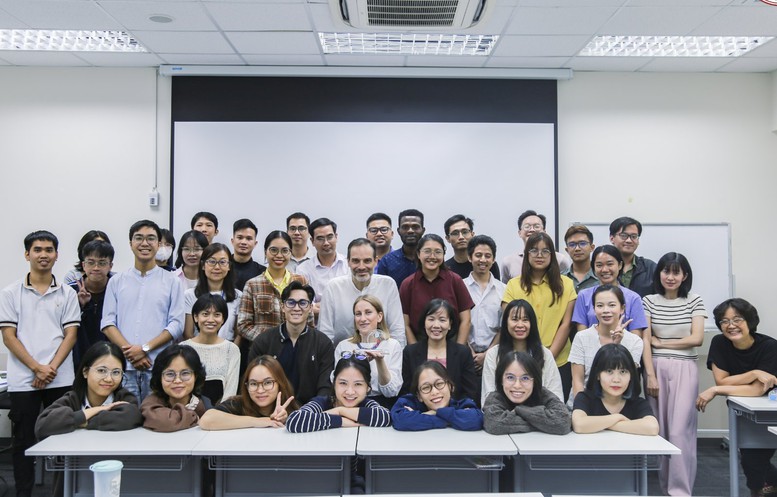
Berlin University of Applied Sciences (EHB, Germany) will send professors to teach and organize specialized classes in Vietnam from the beginning of 2027.
Integration must be substantial, avoiding formality.
Professor Duong Quy Sy frankly opened: " The most important issue in international integration in education and training is the need to improve institutions and have an implementation mechanism according to the guiding viewpoint of Resolution 71-NQ/TW ".
He emphasized that Resolution 71 is part of a synchronous policy system: Resolution No. 57-NQ/TW on breakthroughs in science and technology development and national digital transformation, Resolution No. 59-NQ/TW on international integration, along with Resolution 29-NQ/TW on fundamental and comprehensive innovation in education and Conclusion 91-KL/TW on the requirement for continued innovation in the new period.
According to the professor, institutionalizing the Resolution is the decisive step. The Law on Education, the Law on Vocational Education, and the Law on Higher Education need to be amended to ensure that educational institutions are given full autonomy, including finance, recruitment, appointment, and international cooperation, instead of just spending autonomy. Along with that, there are decrees and circulars that clearly stipulate the mechanism for foreign cooperation and investment, scholarship policies, and regulations on entry, exit, and residence for international lecturers.
" In particular, to achieve the goal of having a modern national education system by 2045, ranking among the top 20 countries, with at least 5 universities in the top 100, there needs to be a mechanism to attract experts, scholars, and talents at home and abroad, especially those who have studied and researched in advanced countries to return to serve the country ."
The professor believes that a separate resolution of the Central Committee on attracting talent will create social unity and a clear legal corridor, so that overseas Vietnamese intellectuals can feel secure in returning home and contributing to development.
International integration on the spot – the fastest way to raise standards
According to Professor Duong Quy Sy, international integration is not only about sending students and lecturers abroad, but more importantly " on-site integration ": inviting international experts and scientists to Vietnam to teach and research.
To do that, Professor Duong Quy Sy suggested, a competitive policy package is needed: cooperation in exchanging lecturers and researchers, transparent contracts, attractive remuneration, recognition of international degrees, and allowing lecturers to co-reside between Vietnamese and foreign schools. Most importantly, it is necessary to create safe working conditions, cultural diversity, preferential policies on accommodation, opportunities to access research funds, modern facilities, and a clear mechanism to honor and reward foreign teachers, scientists, and educational managers.
On-site integration, according to him, not only saves time and costs, but also helps Vietnamese universities become regional academic destinations, contributing to retaining domestic learners and attracting international students.
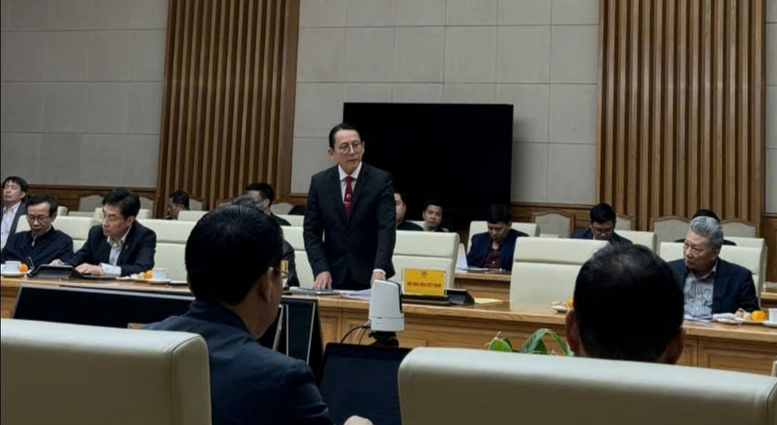
Prof. Dr. Duong Quy Sy speaks about training high-quality human resources at the meeting of the National Council for Education and Human Resources Development
Training global citizens, preserving Vietnamese character
Resolution 71 sets a clear goal: high-quality human resources must become the core competitive force. Therefore, universities need to comprehensively reform their training programs according to international competency standards, not only at the university level but also in the entire national education system.
" Ensuring the connection of 8 levels in the national education system is a prerequisite, helping learners have a lifelong learning path, while ensuring that Vietnamese degrees are internationally recognized, " said Professor Duong Quy Sy.
The professor analyzed that international integration requires schools to expand bilingual teaching , design joint programs, transfer curricula from the world's leading universities, and develop dual degree programs to attract domestic and foreign students.
He emphasized that digital transformation and the smart school model are not only about applying digital management systems, virtual classrooms or online learning materials, but more importantly, creating an environment for students to access modern knowledge anytime, anywhere. " Teachers must be the central subject of all innovations; improving the capacity standards of the teaching staff will determine the quality of training and the position of Vietnamese education in the region and in the world."
This is the condition for Vietnamese students to become global citizens, but still maintain Vietnamese character and cultural identity.
Integration in medicine and health sciences
Professor Duong Quy Sy considers medical human resource training a measure of integration. He recalled that since the time of Uncle Ho, Vietnam sent the first classes of doctors to the Soviet Union and Eastern Europe, laying the foundation for today's healthcare.
" Resolution 71 opens up opportunities for comprehensive standardization of medical training, from programs, output standards, to the process of assessing professional competence, aiming to approach international standards such as WFME and ECFMG ," said the professor. This not only helps improve the quality of training but also paves the way for Vietnamese medical degrees to be widely recognized.
He proposed to build a modern model of medical residency , ensuring training is linked to hospital practice and clinical research, with a suitable compensation mechanism in terms of scholarships, allowances, and research environment. At the same time, it is necessary to invest heavily in facilities, simulation laboratories, and practice hospitals , so that medical students have a learning environment approaching international standards right in the country.
In addition, the continuing education (CME) support mechanism must be strictly implemented, helping the medical team to always update medical advances and continuously improve their skills. The medical teaching staff also needs to be standardized in terms of qualifications, expand cooperation in doctoral training with international medical schools, and participate in the global medical research network.
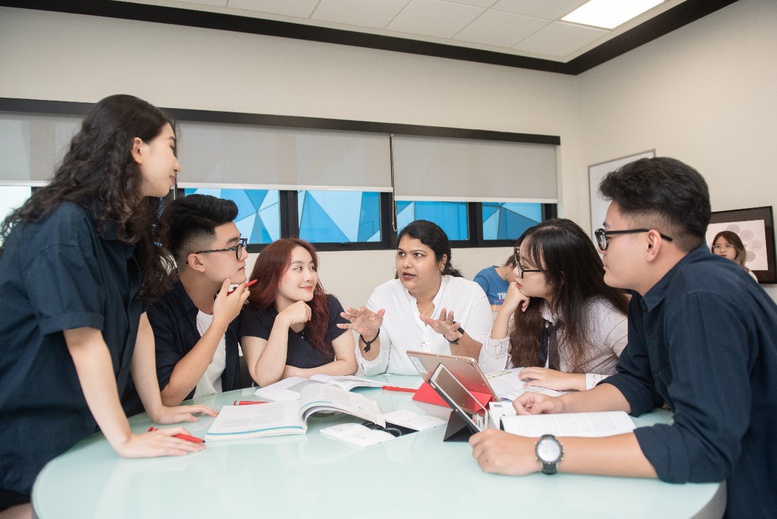
A lesson of Vietnamese students with foreign lecturers
Core values of Vietnamese education in integration
Professor Duong Quy Sy affirmed that to successfully integrate, Vietnamese education must be based on three values: " Liberalism - Humanity - Service. "
He analyzed: "liberalization" is to liberate the creative capacity of learners; "humanism" is to put people at the center, comprehensively developing intelligence - morality - body - beauty; "service" is to contribute to the nation, and more broadly, to contribute Vietnamese knowledge and values to humanity.
This is not only a strategic goal but also a guideline to help Vietnamese education integrate without losing its identity, confidently stepping out into the world.
Looking to the future, Professor Duong Quy Sy believes that the period 2025–2030 is the decisive period for Vietnamese universities to make a breakthrough. He expects to form research, innovation, and startup centers in universities; increase international publications, the number of patents, and scientific awards.
He also pointed out the challenges: the difference in quality, governance between schools, and uneven infrastructure. " The biggest expectation is that the higher education system is both synchronous and meets international standards, attracting international students and lecturers, and forming an international university network in Vietnam ."
According to the professor, this is the golden time to take advantage of the opportunities from Resolution 71, otherwise we will miss the development pace and fall behind in global human resource competition.
Closing the conversation, Professor Duong Quy Sy emphasized the spirit of Resolution 71 as a "light" for Vietnamese education: " International integration in education is not only about absorbing but also affirming Vietnam's mettle, identity and contribution to human knowledge ."
He believes that with political determination and consensus from the whole society, Vietnamese education will confidently step out into the world, contributing to making the country a developed, high-income nation by 2045.
Thu Trang
Source: https://baochinhphu.vn/hoi-nhap-giao-duc-can-giai-phap-quan-tri-va-chinh-sach-manh-me-102250906204929249.htm






![[Photo] Politburo works with the Standing Committees of Dong Thap and Quang Tri Provincial Party Committees](https://vphoto.vietnam.vn/thumb/1200x675/vietnam/resource/IMAGE/2025/9/8/3e1c690a190746faa2d4651ac6ddd01a)

![[Photo] Politburo works with the Standing Committees of Vinh Long and Thai Nguyen Provincial Party Committees](https://vphoto.vietnam.vn/thumb/1200x675/vietnam/resource/IMAGE/2025/9/8/4f046c454726499e830b662497ea1893)
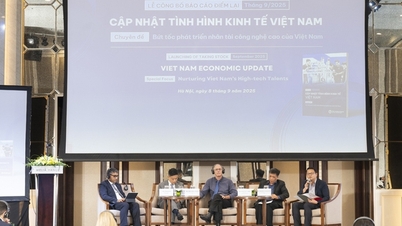






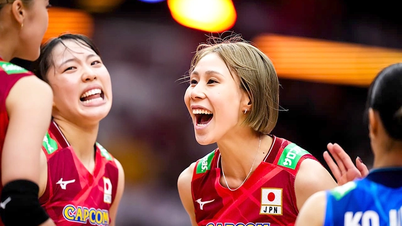













![[Photo] Amazing total lunar eclipse in many places around the world](https://vphoto.vietnam.vn/thumb/1200x675/vietnam/resource/IMAGE/2025/9/8/7f695f794f1849639ff82b64909a6e3d)



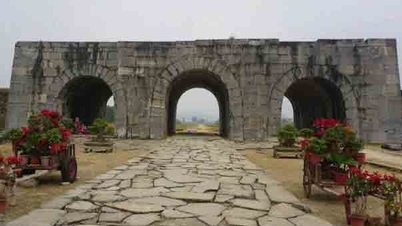
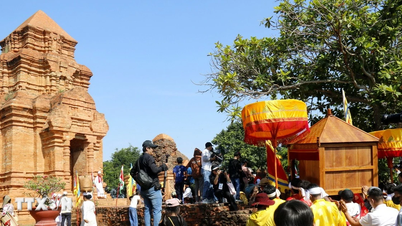




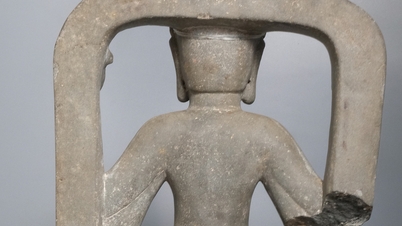
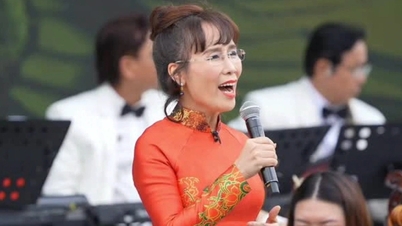

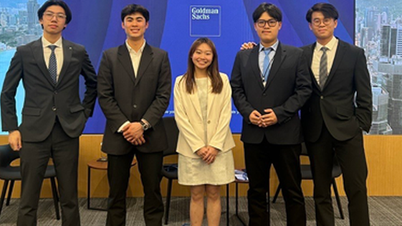





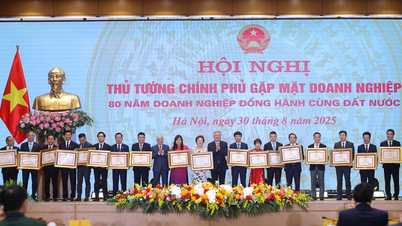





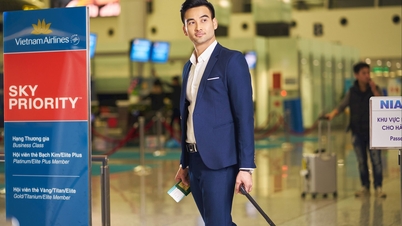

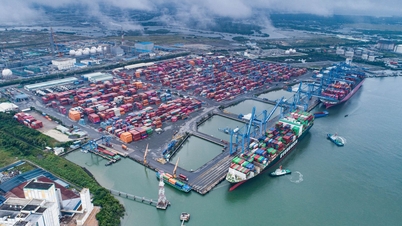



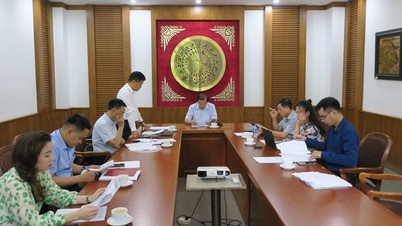









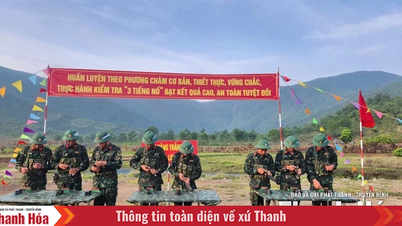











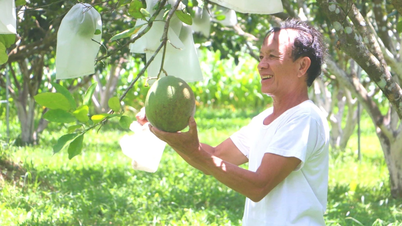





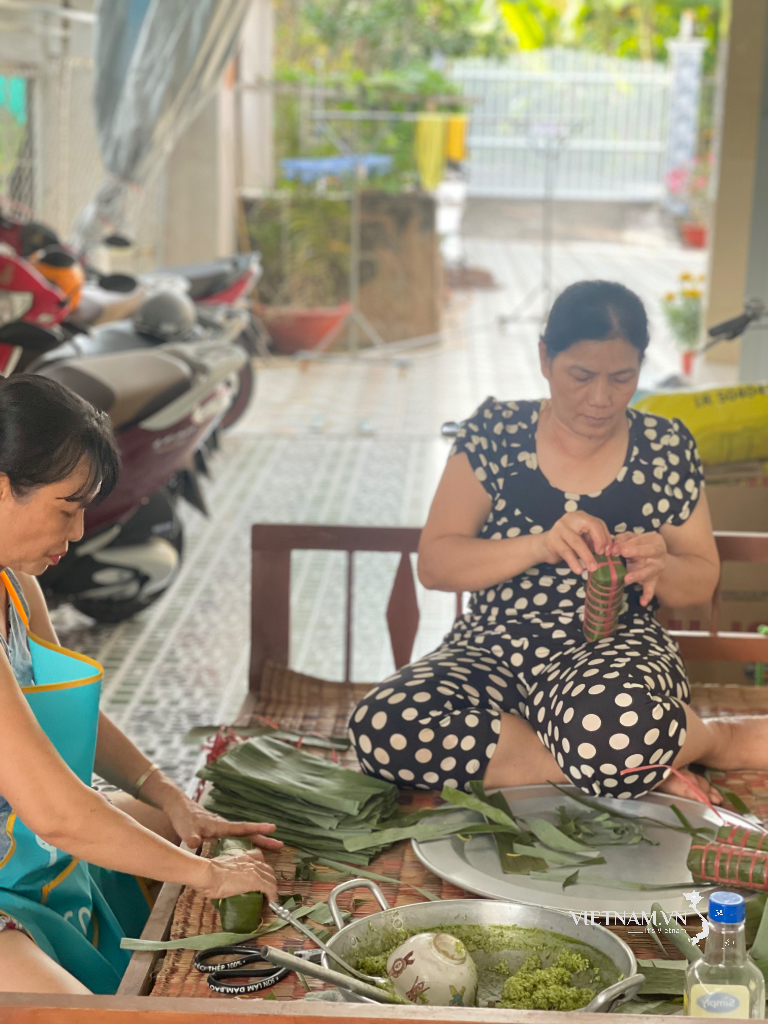
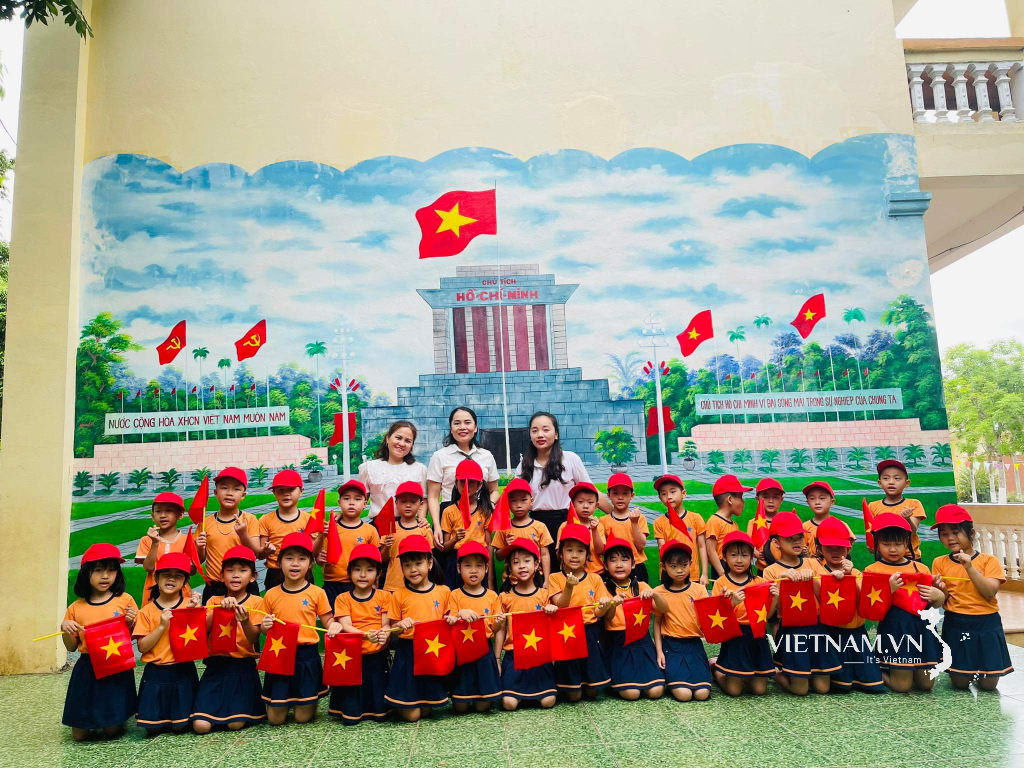

Comment (0)